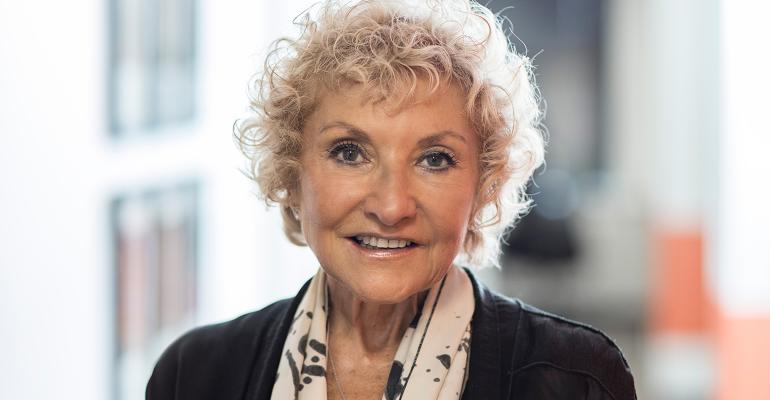I’m a long-time activist. I’ve spent a lifetime doing that. 30 years ago, I founded the Women’s Business Development Center, a 501(C)(3) that supports women’s economic activity and I’m still a consultant to the organization. All that is important to understanding what I’m looking for in a financial advisor.
I’d describe my first experiences with investment advisors as pretty typical. A long time ago, I went to Merrill Lynch, the brokerage firm my mother was working with. She, an immigrant from Poland who came here in the 1920s, was very careful about money. Her and I made decisions together so, we stuck with blue ribbon stocks and did ok.
We had a number of brokers over the years, but we never met with them in person—only over the phone. We’d talk about where to invest. We’d call and say, “Let’s buy some AT&T,” or “Let’s buy some Amoco.” There wasn’t really an advisory relationship, we were just calling them up. I didn’t feel much of a connection to them.
After a while, I kept money with the brokerage firm, but I also started doing some investing on my own. I’d only use a broker to make the purchases. I started getting the proxies in the mail and realized, wait a second, the boards are all white men. That’s when I began looking deeper at not just their directors, but other issues, as well—investigating policies about hiring, affirmative action, protection of women and minorities, and issues related to benefits for same-sex couples. I became angrier and angrier about them and wanted to figure out a way to change some of those policies. Plus, my organization had a pension plan, and I decided I wanted our investments to reflect our mission.
Doing all that research was hard. Then, about 20 years ago, I found an article by a financial advisor in a local business publication. He wrote about advocacy investing. When I met with him, he asked me about my values, and I was impressed by his commitment to advocacy investing. No one had ever asked me, “What’s important to you? What are your values?” We came up with guidelines for investing and part of that was looking at policies of the corporations in which I might invest. He said he could do all the research and that he charges an assets under management fee.
I wanted to let corporations know why I was or wasn’t investing in them. So, I began writing to the CEOs and chairmen of the board using the research as a basis for my argument. Occasionally I get replies.
Finally, I took all my investments from Merrill Lynch and gave them to my current advisor. I switched some money to Northern Trust because they also met all our guidelines. Now, I meet with him and his team two or three times a year. He gives me a report, and we see if there are any changes we want to make. We shift things around as I get older—he keeps telling me to pick less risky things, but I’m inclined to take on more risk. However, the philosophy always stays the same.
Every once in a while, I’ll call and say, “What about this company? I like what they’re doing.” He investigates and tells me if it meets my guidelines. I got married about four years ago and now my husband is also investing with him. He’s not just a financial manager. He wants to help me change the world.





